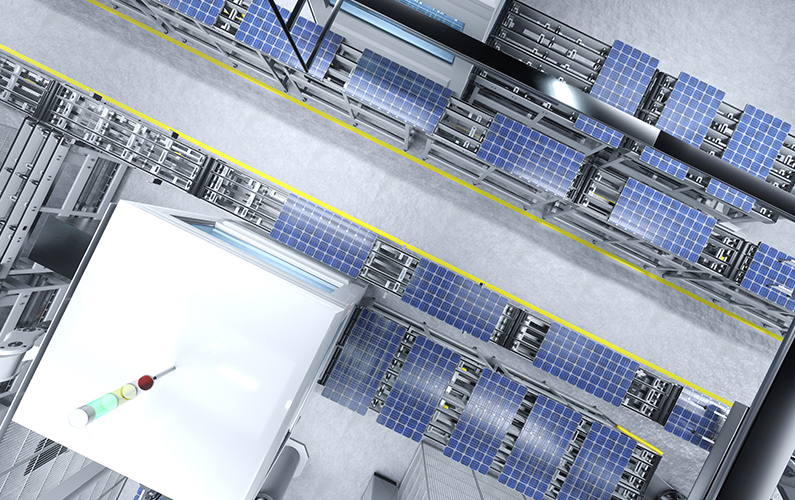How to Use a Timer Switch
08th Feb 2026
To use a timer switch, set the current time, program the ON and OFF times, switch to AUTO (timer) mode, and test. If installing a wall timer switch, turn off power at the breaker, identify line/load/neutral/ground wires, connect to the correct terminals, then program and verify operation. What is a timer switch? Welcome to a guide on how to make the most of your timer switch, also known as a switching timer or automatic light switch with a timer. Whether you’re looking to set up a timer switch for outdoor lights or explore the versatility of a timer for a wall switch, this walkthrough will help you navigate the process with ease. Learn the simple steps to program your timer switch and enhance the convenience, energy efficiency, and automation in your home. Let’s delve into the world of timer switches and discover how they can effortlessly manage your lighting schedules. Before you start (identify your timer type) This helps you avoid the most common “it doesn’t work” issues. Also check whether it’s: How to Use or Set a Switching Timer Using a timer switch is a straightforward process. By following these steps, you can easily set up and enjoy the convenience of automated control for your electrical devices. Here’s a step-by-step guide on how to use a timer switch: Step 1: Plug In Your Device Connect the electrical device you want to control (like a lamp or fan) to the timer switch. Step 2: Set the Current Time Adjust the timer switch to the current […]
Read More : +86-139 0587 7291
: +86-139 0587 7291 English
English Español
Español Русский
Русский Français
Français العربية
العربية Português do Brasil
Português do Brasil Українська
Українська Türkçe
Türkçe Polski
Polski Nederlands
Nederlands Italiano
Italiano Bahasa Indonesia
Bahasa Indonesia हिन्दी
हिन्दी اردو
اردو አማርኛ
አማርኛ Հայերեն
Հայերեն ไทย
ไทย Монгол
Монгол فارسی
فارسی Shqip
Shqip Ελληνικά
Ελληνικά









